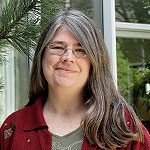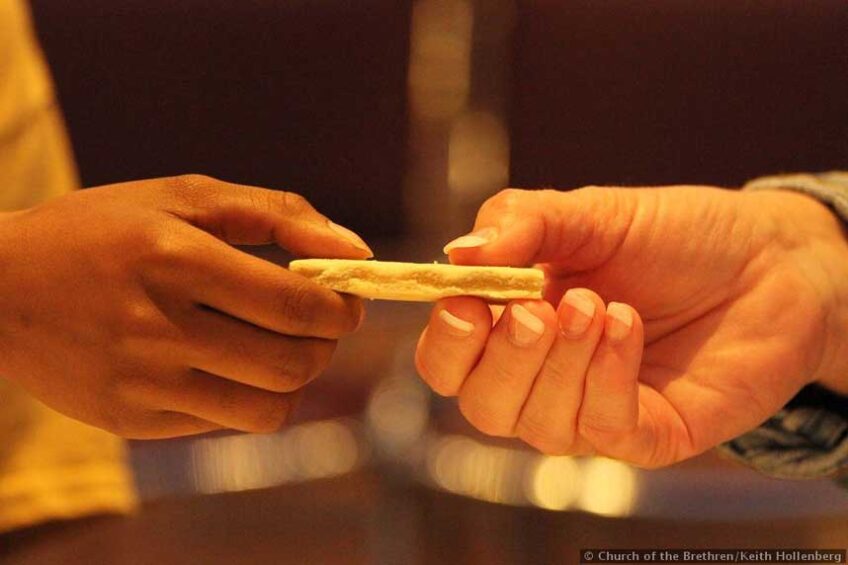I had been in denial. Then, this spring, United Nations-sponsored reports on the environment smashed my Pollyanna-ish notion that “reduce, reuse, recycle” is enough.
Some of the hard facts that keep me up at night:
- Global temperatures are likely to reach the no-return point before I reach retirement age. It will hit hard during my lifetime—but what I am heartsick about is that this has been foisted on my son, who just turned 17, and his generation.
- The polar ice and glaciers are melting even faster than expected. The rise in sea levels will be commensurate, and so will the changes of climate.
- Millions of species will go extinct very soon, in addition to the many that already have. I will grieve the loss of giraffes, but I’m more worried about the bees and the loss of pollinators essential to our food supply.
- A radical increase in migration is expected. Some are making the connection between the refugee crisis and the environmental destruction that interferes with the ability to farm and earn a livelihood.
- Hoarding of resources by the rich, at the expense of the poor, is not a new problem, but now there are direct connections with the environment. Some economists are seeking alternate monetary and economic systems to prioritize sustainable livelihoods and deal with the increasing national debt of poor countries, where natural resources are being plundered to pay it off.
We are in a wide-ranging, multi-faceted emergency, the kind that requires an immediate system-wide, global change of course—what some have likened to the national mobilizations in the US and England during World War II.
Though our denomination is small, we do have the ability to make a difference. We have some useful tools in our Brethren “toolbelt”: Simple living—an antidote to the economic system that puts a dollar sign on everything, and a counter to the consumer culture that underlies so much environmental degradation. Peace witness—prescient in its critique of war and the military, the former a major contributor to environmental destruction, the latter one of the world’s largest polluters. Focus on community—placing discernment and decision-making collectively in the hands of people who are living in Christ-centered relationship. Service—the quintessential Brethren response to disaster.
After experiencing love feast at Annual Conference, it occurs to me that the four movements of love feast are helpful too:
Examination: Love feast starts with truth-telling—now usually inward and spiritual, but in past centuries often outward and public. Now, in the face of an environmental emergency, can we research the crisis and possible solutions, examine our lifestyles, confess sins that have contributed, pray for repentance of destructive ways, and fervently seek God’s salvation and resurrection power for the whole of the world?
Feetwashing: In this crisis we need to serve God’s creation with humility, which means giving up our humancenteredness. What could this look like? One assessment of the crisis says the solution is to keep at least 50 percent of land in a natural state, so every acre is precious. Perhaps we give up our aesthetic of manicured lawns, stop spraying chemicals on our properties, and create pollinator gardens or plant trees instead.
The meal: Sitting at table together builds relationships. Many educators are recommending that people—especially children and youth—relearn a relationship with nature. Spiritual leaders over the centuries have found that a close relationship with nature leads to a closer relationship with God.
Communion: When we share the bread and cup, we are one body in Christ and we indicate our willingness to take up the cross and bear that burden together. Our communion must now extend beyond humanity to the whole earth. How can we help carry the suffering of creation?
My favorite part of love feast happens after it is over. This is the part where Jesus and the disciples sang a hymn and went out into the night.
A dark night looms, by all accounts, and we are all walking into it. But I believe God has placed us here and now “for such a time as this,” to borrow words from Esther. We go out with the hymn of Christ on our lips, to do what we can, where we can. Starting now.
 Cheryl Brumbaugh-Cayford is director of News Services for the Church of the Brethren, and associate editor for Messenger. She also is an ordained minister and a graduate of Bethany Seminary and the University of La Verne, Calif.
Cheryl Brumbaugh-Cayford is director of News Services for the Church of the Brethren, and associate editor for Messenger. She also is an ordained minister and a graduate of Bethany Seminary and the University of La Verne, Calif.


